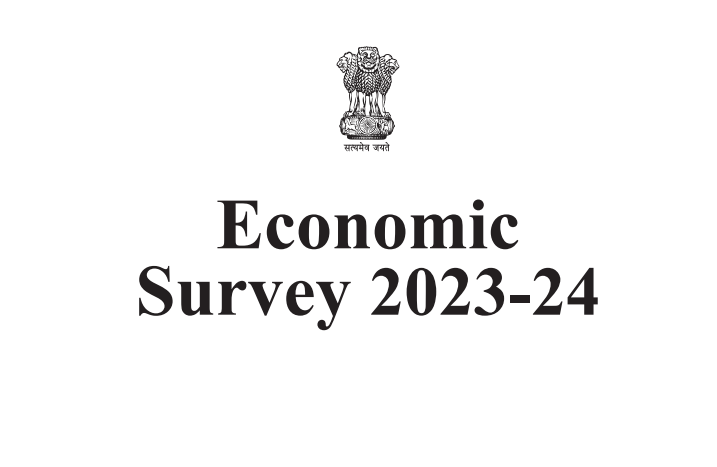- Current global strategies for climate change are flawed and not universally applicable.
- The Western approach does not seek to address the root of the problem, i.e. overconsumption, but rather chooses to substitute the means to achieve overconsumption.
- The global pursuit of energy-guzzling technologies such as Artificial Intelligence and mining rare earth minerals in large quantities has only contributed to higher fossil fuel consumption. This is directly at odds with the stated objectives of climate change mitigation.
- Their practices ignore humans’ underlying relationship with Nature, with other people, with materiality and with themselves.
- A one-size-fits-all approach will not work, and developing countries need to be free to choose their own pathways since they are tasked with balancing developmental goals with meaningful climate action.
- India, despite significant strides in climate action, often faces criticism for not aligning with Western solutions. This criticism stems from a lack of appreciation for India's unique social and cultural fabric, which is already rich with sustainable development ideas.
- Adopting the practices of the West could prove to be disastrous for India where culture, economy, societal norms are already intertwined with the environment.
- India’s ethos emphasises a harmonious relationship with nature, offering sustainable solutions to problems plaguing market societies. For instance:
- The process of meat production adopted in the developed world presents credible food security risks and a threat of permanently degrading the land, water and natural resources critical for our survival. The reliance on human-edible crops to feed livestock has set into motion a food-feed competition as less than half the cereals produced today go towards direct human consumption. These figures are even lower for many developed economies.
- Traditional farming practices in the developing world offer one solution to the problem. Repurposing farm waste and by-products from other agricultural activities as animal feed not only lowers the financial and environmental cost of meat production but also brings balance to the natural cycle. Shifting livestock to human-inedible feed can free up significant shares of global arable land to address global hunger.
- Similarly, the adoption of nucleated families akin to the Western model of living places significant land and resource requirements on the environment, as the growth in urban nucleated settlements gives rise to the tendency of urban sprawl. Furthermore, these living spaces are highly inefficient, dominated by concrete, closed spaces, less ventilation and exacting higher energy costs during the summers.
- A shift towards multi-generational households, as it was traditionally, would create the pathway towards sustainable housing. Sourcing materials and labour locally for the construction of houses, central courtyards with well-ventilated spaces, and avenues for natural lighting and cooling would all exert a positive externality on the environment by lowering resource and energy requirements. Such a household would also prove immensely beneficial for the elderly.
- Given that the push for environmental protection and sustainable development must be in accordance with the cyclic temperament of Nature, India and the “Mission LiFE” initiative can help. The initiative brings individual responsibility to the forefront and believes that many small, consistent, and pro-planet actions at the individual level will collectively work to make a substantial difference.
- Mission LiFE encompasses a comprehensive but non-exhaustive list of 75 LiFE Actions for adoption by individuals to live more sustainably. At its heart, it promotes mindful consumption instead of overconsumption, encourages a circular economy and the reuse of waste products, eating local plant-based cuisines with a low ecological footprint, saving water and energy.
- India should learn, understand and adopt its rooted sustainable practices and embrace others’ only when they suit its needs and are sustainable, environmentally and climatically. That way, Indians will address their wants without letting them hurt Nature.

.jpg)